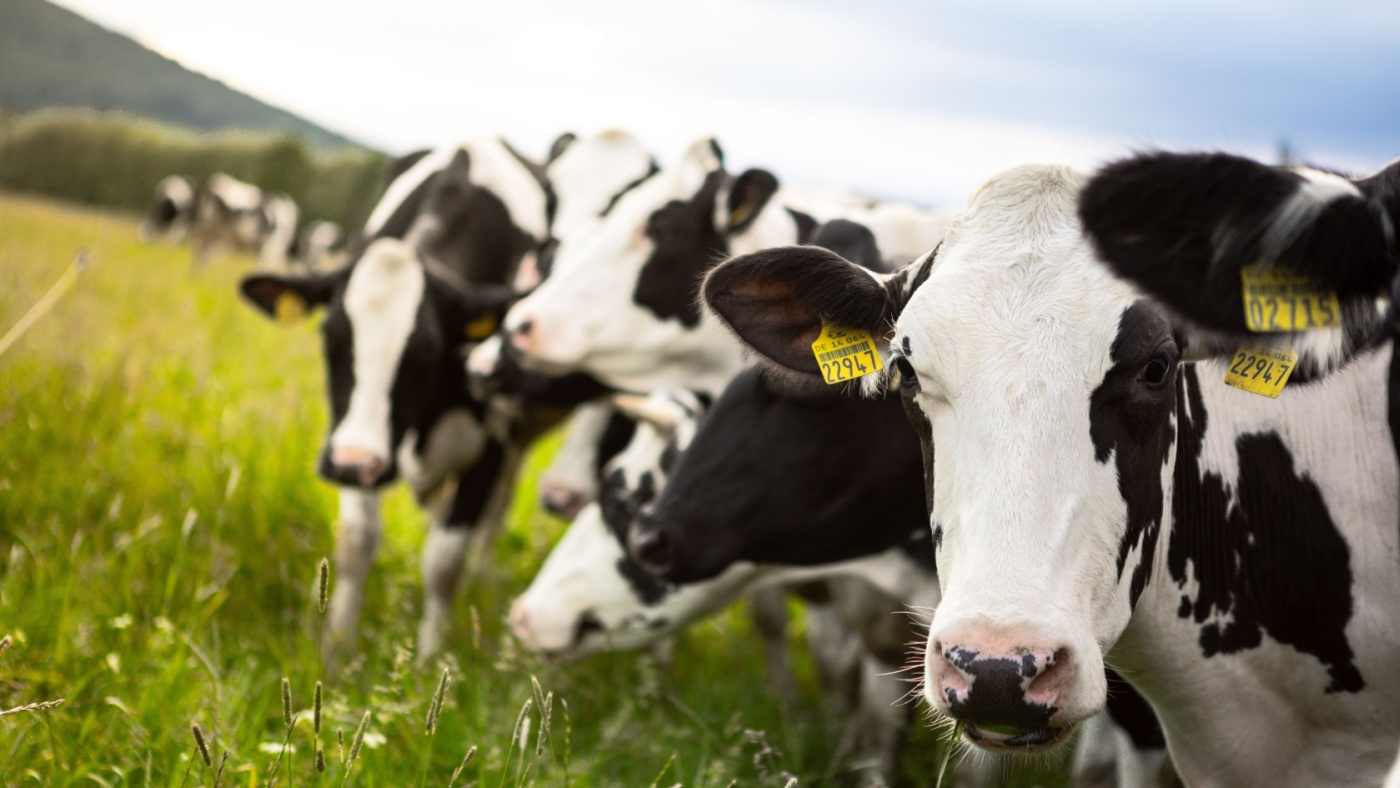Quality management of a cow during the dry period is a critical component of any udder health program. Dr. Jennifer Roberts, a professional services veterinarian with Boehringer-Ingelheim, talks about the importance of keeping cows healthy during the dry period and into freshening.
“The dry period is a time when cows can be especially susceptible to mastitis infections. And when cows experience cases of mastitis, this can create a pretty significant impact for the producer because of economic losses resulting from the cost of treating that cow and lower milk production in the next lactation. We also have added labor associated with treating those cows, and then we can see increased somatic cell count, as well as increased risk of culling from the herd because of those cases of mastitis. One of the things that happens during the dry period is that we’re no longer monitoring that cow on a daily basis. We’re not cleaning that cow’s udder, and so we don’t have as many opportunities to observe her. It puts her at higher risk. If we are not maintaining a good clean, dry environment, it increases their risk for environmental mastitis.”
She talks about preparing cows for dry-off.
“Making sure that those cows are in a clean, dry, and comfortable environment. Cows are going to spend the majority of their day lying down, and their teats are in direct contact with the material where they’re laying down. Dirty bedding and a dirty environment can be a significant source of mastitis infections. The next thing is considering the administration of an antibiotic at dry-off which can be used to treat current subclinical infections that the cows may have at dry-off, as well as helping to prevent new infections that may occur during the dry period. And then finally, applying an internal teat sealant to those cows to prepare them for the dry period is going to help reduce mastitis risk.”
Roberts talks about important details producers should know about preventing mastitis.
“One of the things that are key for that cow maintaining a healthy immune system is making sure that she’s on a well-balanced plane of nutrition, and so, working with a nutritionist to make sure that the ration is balanced and has all of those essential nutrients. Next, it’s a good time at dry-off to make sure that cows are up to date on all of their vaccinations. And if the herd struggles with a coliform mastitis issue, either during the dry period or after calving, it’s a good idea to include a coliform mastitis vaccine as a means of prevention. Working with a veterinarian to develop a vaccination protocol that may incorporate those coliform mastitis vaccines and help with each farm’s specific needs and goals is going to be a really important piece of preventing mastitis.”


